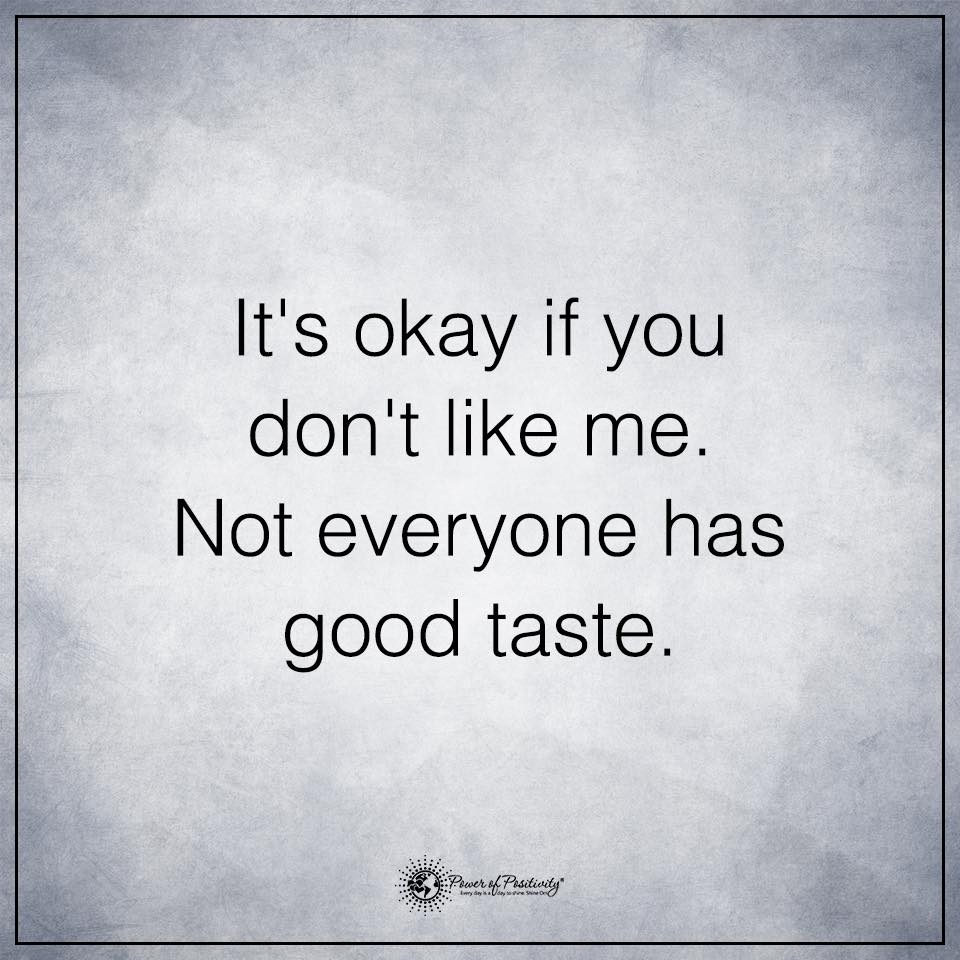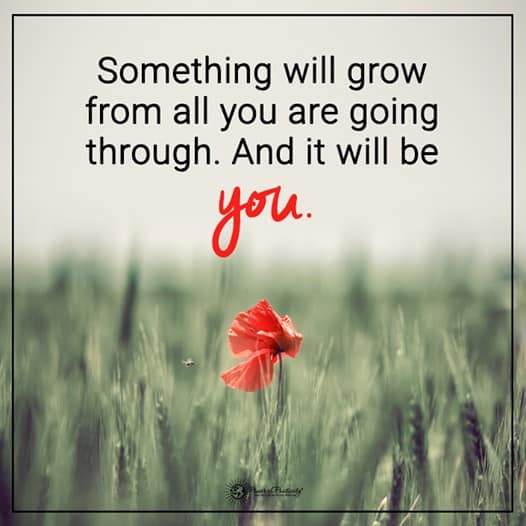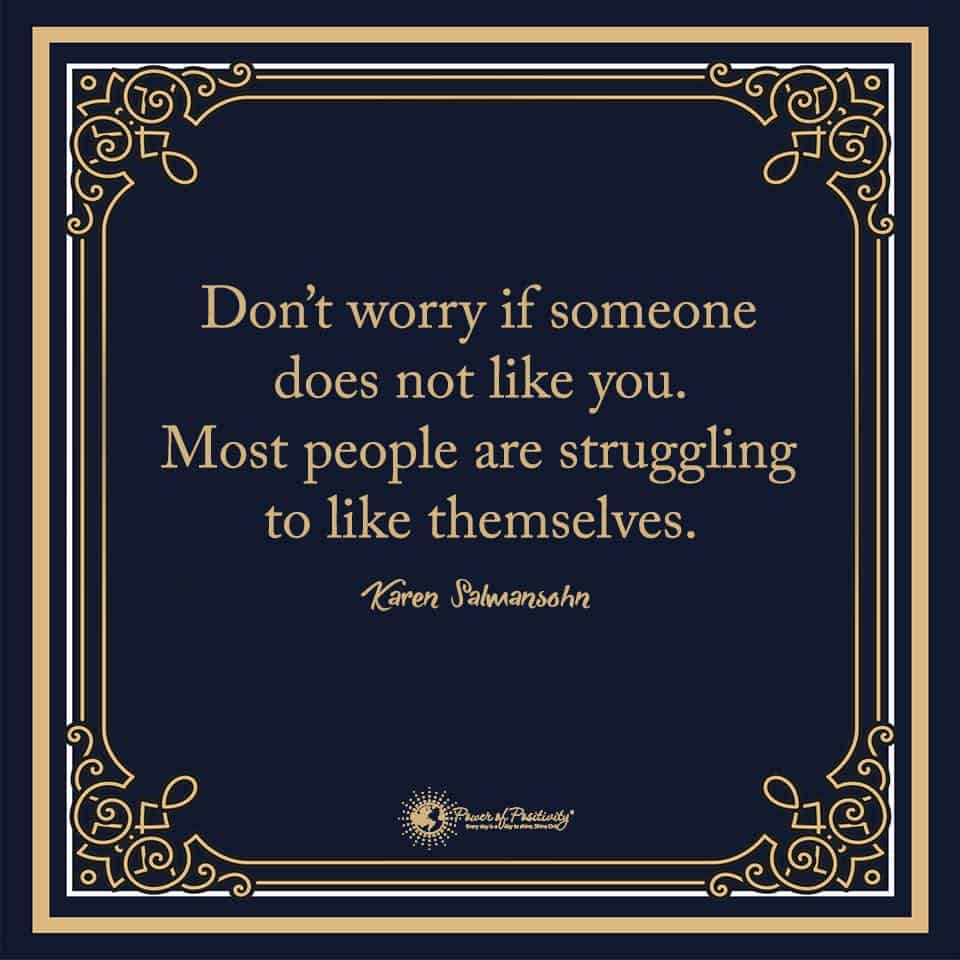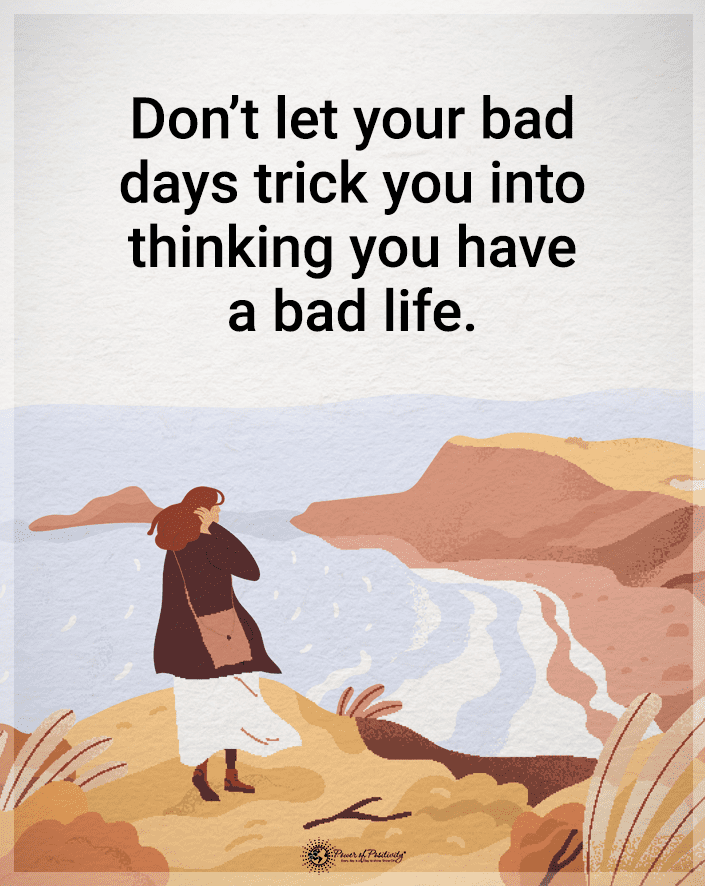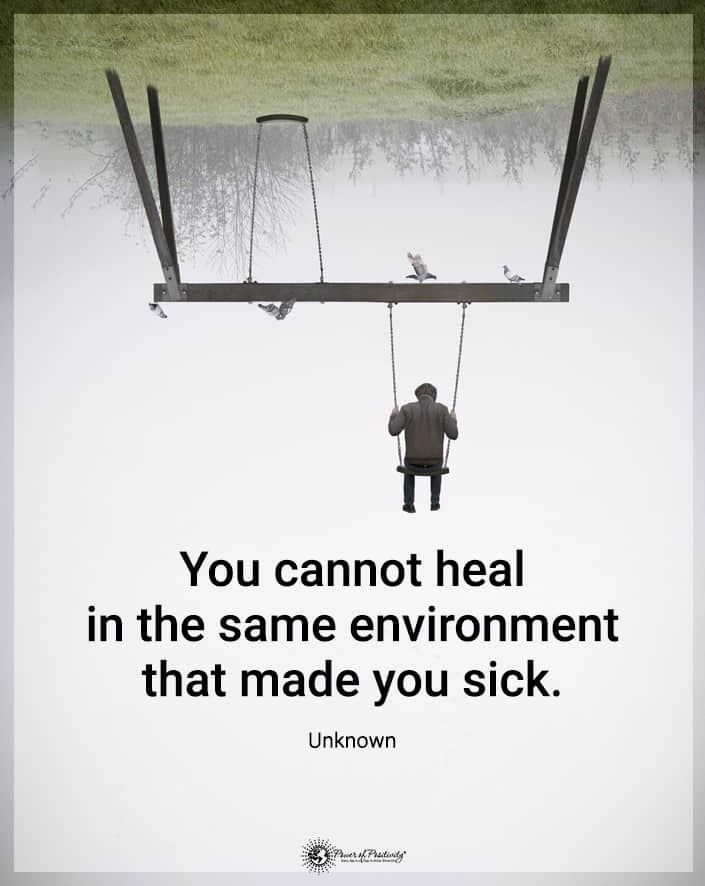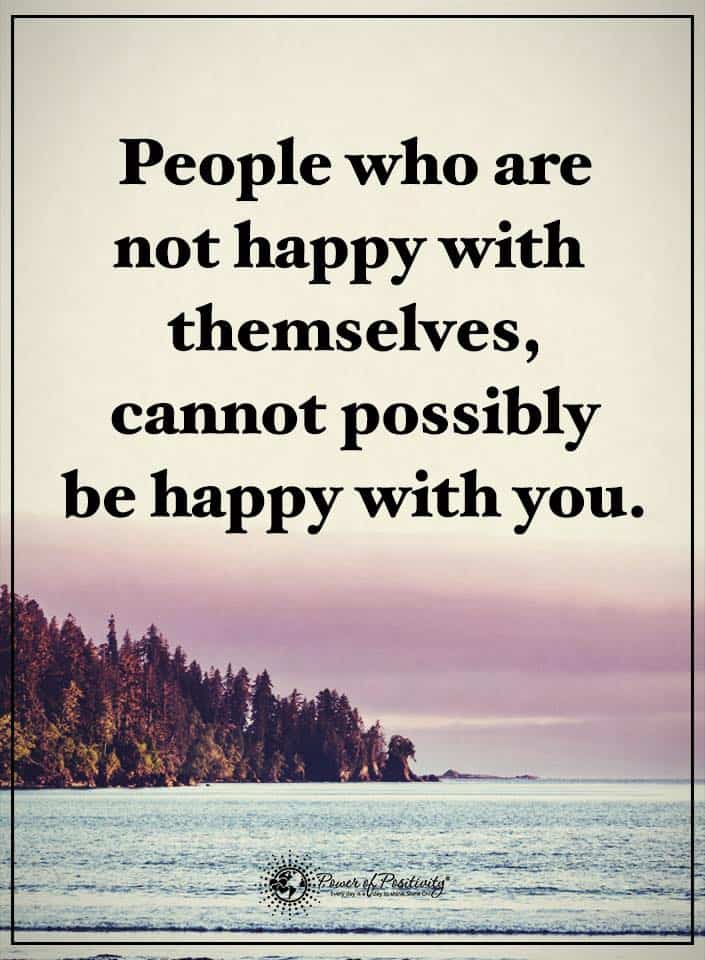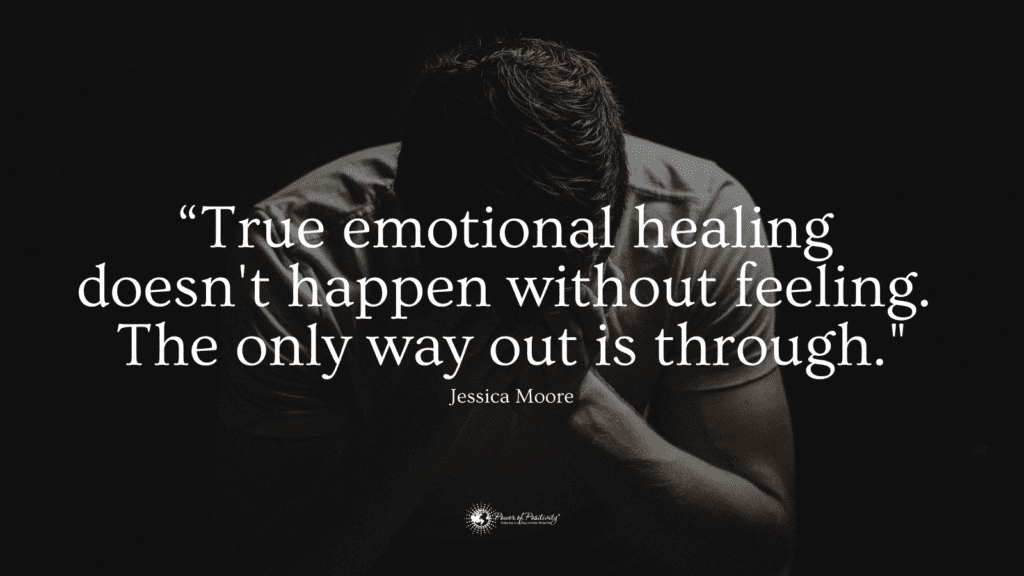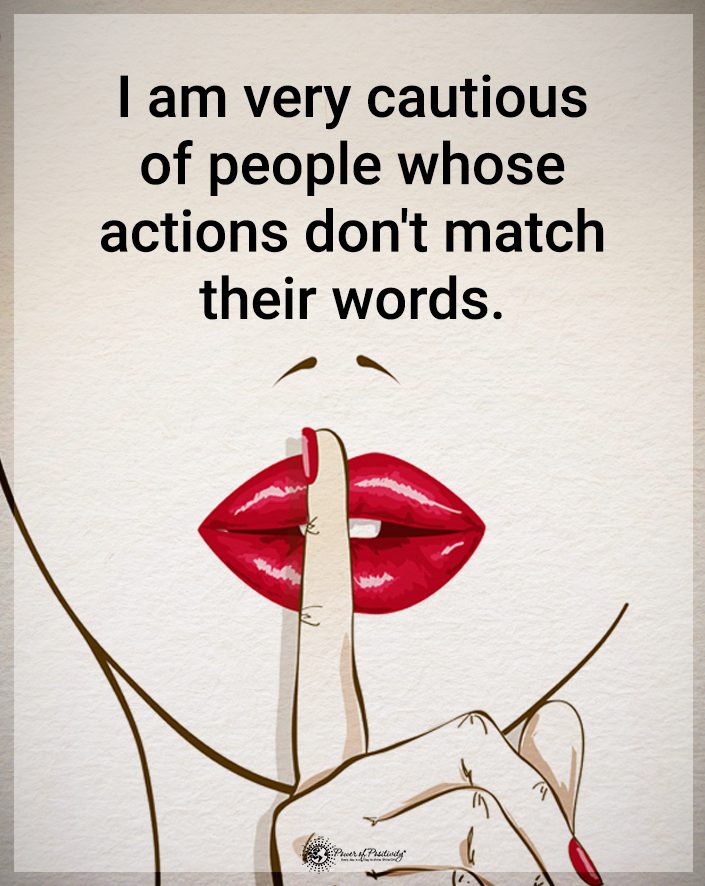Deepak Chopra says of success:
“Every time you are tempted to react in the same old way, ask if you want to be a prisoner of the past or a pioneer of the future.”
When he wrote The Seven Spiritual Laws of Success: A Practical Guide to the Fulfillment of Your Dream, he set out to explain the universal laws that govern our lives. It is believed that everything you resist in your life will continue to persist. In the avoidance of something, you create more drama. When it comes to success in your life, the answers lie in letting go and allowing the universe to create its magic. How can we make life easier? What do we need to do in order to shift our perception?
Here are the 7 laws of success that will change your life:
The Law of Pure Potentiality
The ego is a chit-chat mechanism that governs the human mind. In order to shut it down, you need a minimum of 30 minutes of meditation in your day. During this time, it is about allowing the divine guidance to participate in a space of non-judgment or criticism. The mind can easily attain silence when we make space for it. It is important to spend time in nature, as nature is a form of grounding and centering for the spirit. During your meditation practice, you allow your higher self to show you, guide you, and bring you the answers that ego can’t tarnish through doubt, fears, and anxieties.
The Law of Giving & Receiving
Every single day, you have the opportunity to give a gift to the world, and in return, you receive gifts. This may be as simple as a compliment you give to a stranger. When you give kindness and love, you are returned with the same energy and vibrational frequency. Abundance is not measured by the amount of money you have in your bank account. This law signifies the simplicity of abundance in health, joy, love, and affluence. That which you give to the universe returns in the same manner. Shifting your perception and your attitude creates abundance and expansion in the world.
Chopra suggests: “Begin by asking yourself, What message is the universe giving me? What can I learn from this experience, and how can I make it useful to my fellow human beings?” Even difficult situations create an opportunity to learn and grow.
The Law of Karma
Your life is a series of lessons and experiences that enhance your spiritual and human connections. The Law of Karma defines that whatever you put out there will return to you. Chopra says, “If you want to transform your karma to a more desirable experience, look for the seed of opportunity within every adversity, and tie that seed of opportunity to your dharma, or purpose in life. This will enable you to convert the adversity into a benefit, and transform the karma into a new expression.” Every action has a reaction.
The Law of Least Effort
The best way to put this law into action is to accept people, situations, and events for what they are and not how you want them to be. You live in the now, without manipulating how you think something should be. This moment is all you have. The universe has created every opportunity for this very circumstance. Utilizing this law is taking full responsibility for everything that happens in your life, without blaming another. You are not the victim of your story. You are the creator of your life.
The Law of Intention and Desire
We attract whatever we desire based on our intentions. The vibration we put forth into achieving success creates the act of manifesting. This is also why when we are stuck in a negative thought pattern, we attract the things we fear and do not want. It’s important to make a list of what you want. It’s important to create visual boards and dream journals. Visualization is the greatest form of manifesting. Once you have put forth your efforts and intentions, you allow the universe to create what’s best for your higher good. Do not allow obstacles to challenge your thought processing into a negative pattern. Do not try to control the outcome of your dreams. Visualize the final outcome and let the Divine take hold of your journey. Trust in the power of creation.
The Law of Detachment
Chopra says, “Attachment to money will always create insecurity no matter how much money you have in the bank.” We suffer because of the attachment to things, people, and life. The moment we release our control, things begin to unfold to the best possible solution. We get stagnant in trying to find solutions to things. Detachment is a huge hurdle in our lives. We are attached to finances, relationships, and the ability to micromanage our lives and those of others around us.
Stepping out of the chaos of struggling and attachment, you can start to see the mysticism in the endless amount of possibilities. For example, you didn’t get the job you wanted, so perhaps this is an opportunity for something better. Instead of obsessing on the negative, allow this to be the acceptance that something better is ahead for you. Allow joy to dictate your life. Let your soul be led by synchronicity and serendipity.
The Law of Dharma
You have a purpose in life. We all have a calling in our journey based on our individual gifts and talents. What you have been given is to provide for the highest service of humanity. When you give of yourself, you create a beautiful space for the Law of Dharma. Ask yourself every morning, “How can I be of service to the world?” Allow each moment to bring you an inclination of how you can help another. This life isn’t meant to be experienced alone. You never know how you will change another person’s life in the smallest of ways.
We do not reach success by how hard we work or how much we acquire. We reach it by our authenticity, compassion, and kindness. As Deepak says, “Success in life could be defined as the continued expansion of happiness and the progressive realization of worthy goals.”

